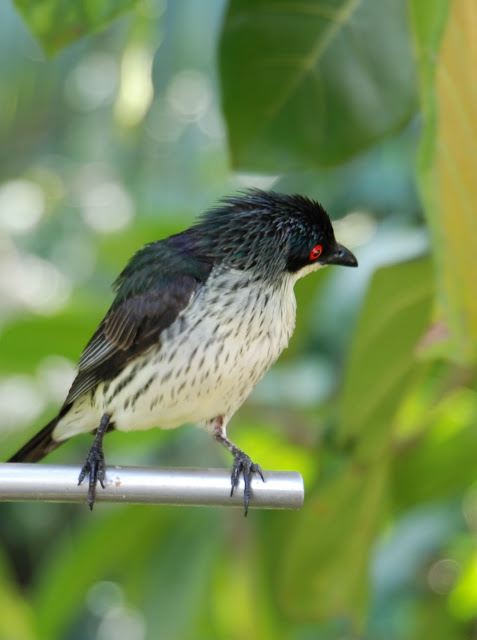"Parenting is no sport for perfectionists," - Andrew Solomon
What does it mean to be a parent? If you have not become one, what type of parenting did you experience? Or did you discover a different parenting assisting the children of friends or relatives?
Andrew Solomon, a lecturer in psychiatry at Cornell, has studied families with exceptional children. In his book,
Far from the Tree, he uses, "horizontal identities" to describe recessive genes, randon mutations, prenatal influences, values, and preferences a child does not share with his or her parents.
These identities also include: dyslexia, Down syndrome, disabilities, and psychological disorders, to name a few. Solomon believes, "unhappy families who eject their variant children have much in common, while the happy ones who strive to accept them are happy in a multitude of ways."
Solomon has spent time with hundreds of families. Watching them interact with their children, he says he witnesses, "a shimmering humanity." His work studies exactly what happens when we try to make more of ourselves.
Most families he works with feel grateful for experiences they would have sacrificed everything to avoid.
How do you differ from your parents in values, personality and motivation? Describe similarities in body language and feelings. If you have children or individuals you have raised from childhood, explore the relationships.
Reflect upon your benefits.









































